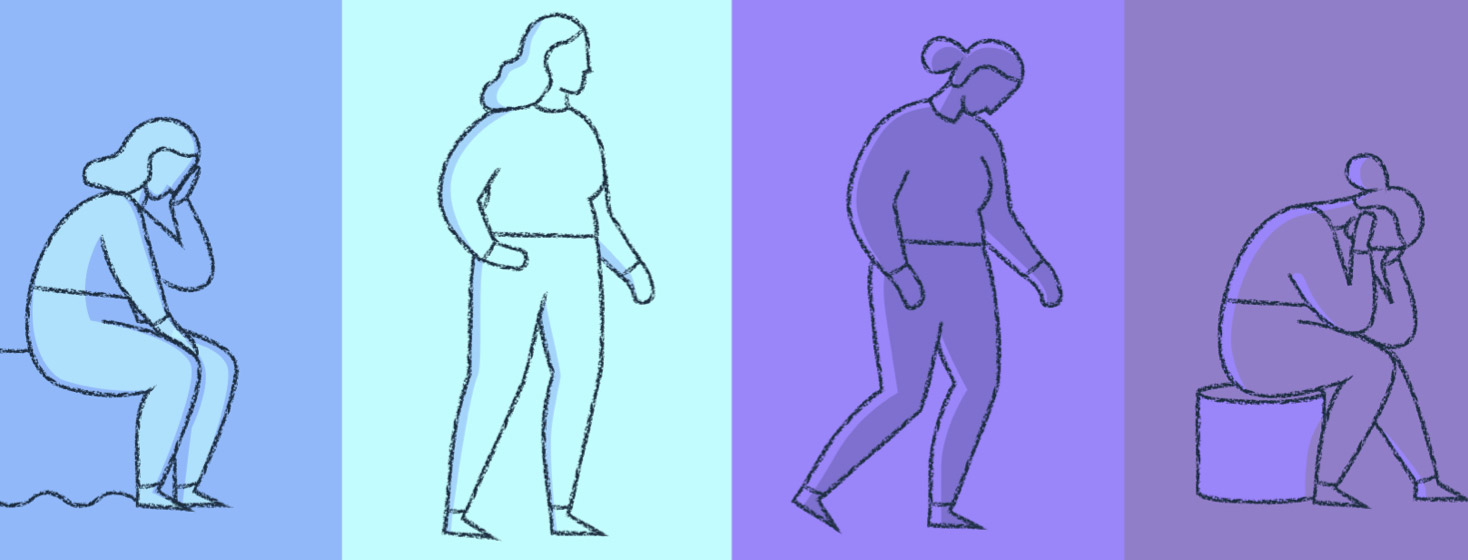Finding Relief from Hep C Fatigue
The fatigue and exhaustion hepatitis C can cause are no joke. These symptoms are reported by people in all stages of the continuum of care, from pre- to post-treatment. I have dealt with fatigue throughout my journey with hepatitis C. Even now, several years post-treatment, I still experience fatigue due to my diagnosis of liver-related cryoglobulinemia, an autoimmune disease that leads to damage and inflammation of the blood vessels.
Small changes can mean more energy
Unfortunately, hepatitis-induced fatigue doesn’t resolve just because we have lives to live. It won’t subside because we need to work in the morning or get our kids ready for the day. It won’t be merciful because we have stuff to do even if we are exhausted.
Luckily, there are minor adjustments we can make that won’t make a huge difference but might help reduce fatigue in ways that are sustainable if consistently practiced.
Microbreaks help battle hepatitis C fatigue
First, let’s talk about the concept of microbreaks. My partner works in occupational health and safety, and often educates employees after incidents and injuries. Working from home together, one thing I noticed is how often he discusses the importance of utilizing this practice with employees.
When performing physical tasks like carrying groceries or doing yard work, he recommends taking breaks of 30 seconds to 1 minute every 5 to 10 minutes. Taking a moment to breathe and check in with your body is important in using microbreaks most successfully.
Hydration is important
Take a sip of water to help fight fatigue, and do some light stretches (if possible.) It’s as much a practice of mindfulness as a helpful tool for not over-exerting oneself. If I am dehydrated, chances are I am going to feel more fatigued and exhausted than usual.
I usually try to limit highly caffeinated drinks, like coffee, to just one or two in the morning. During the day, I try to drink iced green tea and water. I usually splash in some flavored water enhancers for taste. I also do my best to avoid juices and soda. Unfortunately for me, I love soda. So my workaround lately has been low-sodium club soda and flavored water enhancers.
Healthy sleep habits are vital for people with hep C
The last thing I will talk about when it comes to fighting hep C fatigue is the importance of good sleep hygiene.1 The American Academy of Sleep Medicine defines sleep hygiene as “a series of healthy sleep habits that can improve your ability to fall asleep and stay asleep.”2
There are many ways to improve sleep hygiene. I found the most impactful sleep hygiene tips for myself were setting a consistent sleep/wake time, keeping my bedroom temperature cool and following the same routine every night.
What that means is every night before bed I do the same thing, in the same order. I have dealt with insomnia since childhood, so I won’t lie to you and say this is the ultimate fix and that your sleep issues will magically disappear if you follow these practices. They won’t, especially if you are dealing with hep C fatigue on top of previously existing sleep issues. However, I can say that this routine has made a noticeable improvement in my anxiety around sleep.
Consistency and creativity are key
These tips might seem like reminders of things you already know because they are. There often is no simple solution when dealing with hepatitis C fatigue. Being consistent and creative is the key to finding any measure of success in feeling more energetic throughout the day.

Join the conversation